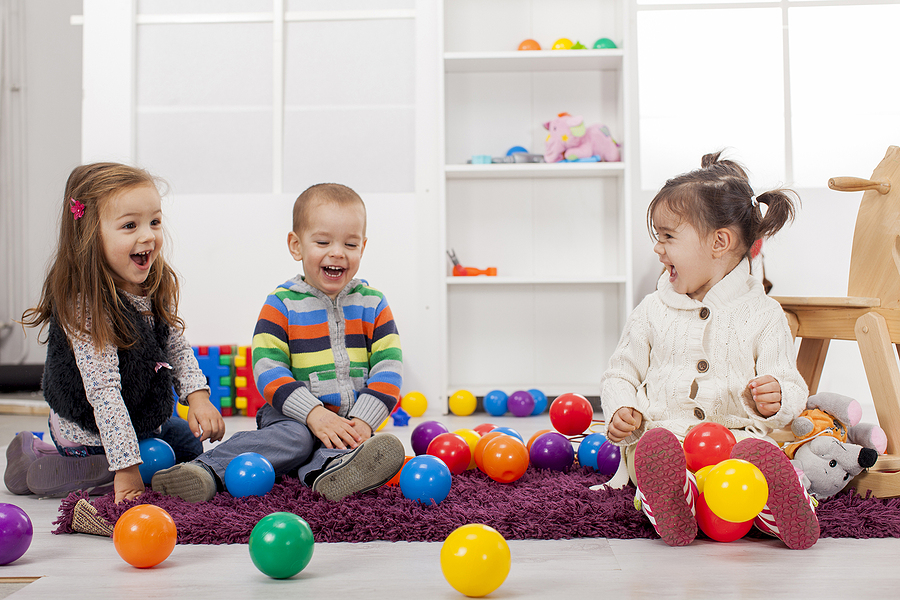The 6 Stages of Social Play: How Children Connect and Grow

Social play is a fundamental part of childhood development, helping kids build essential skills such as communication, teamwork, and problem-solving. At RISE Pediatric Therapies in Florida, we provide care for children with developmental delays and disabilities, like Autism Spectrum Disorder, through their stages of growth. Every child develops social skills at their own pace, but recognizing the general stages can help parents and caregivers know when to seek professional therapeutic support.
Stage 1: Unoccupied Play (Birth to 3 months)
During this earliest phase, infants appear to make random movements without a clear purpose. Although it may appear disorganized, this is actually a time when babies are learning about their bodies and their surroundings.
Stage 2: Solitary Play (0-2 years)
Solitary play means a child is engaged in play by themselves, focusing on their own activities. During this period, children learn how to entertain themselves and make sense of the world around them.
Stage 3: Onlooker Play (Around 2 years)
Children begin to show interest in how others play, watching intently and occasionally interacting verbally. Observing peers can lead to language and social growth.
Stage 4: Parallel Play (2+ years)
In parallel play, children play side by side, each focused on their own activity, but still aware of one another. They may be building separate structures with blocks or drawing their own pictures, occasionally glancing at what the other is doing. This is a crucial step toward fostering social connection. It helps children become familiar with group settings while respecting their individual pace and needs.
Stage 5: Associative Play (3-4 years)
At this stage, children start to notice each other’s activities and may participate in similar or related tasks, but they don’t always interact directly. A child might build a tower next to another child’s tower or contribute pieces to a group collage, all while focusing mainly on their own project. This offers opportunities to feel included and practice social observation, setting the stage for more interactive group play in the future.
Stage 6: Cooperative Play (4+ years)
Cooperative play marks a significant milestone, where children begin to play and work together toward shared goals. They interact directly, communicate, and negotiate roles within their play. This stage encourages meaningful social connections, making playtime both fun and foundational for lifelong learning.
Contact RISE Pediatric Therapies for Support
The early years of development set the stage for a child’s lifetime. If you’re seeking guidance on how to support your exceptional child’s journey through the stages of social play, our team of clinicians offers social skills group therapy, Applied Behavioral Analysis (ABA) therapy, occupational therapy, speech therapy, and more. Early support in these stages can make a meaningful difference in your child’s ability to connect and thrive.
If you’re in Orlando or the surrounding area and need help supporting your child as they navigate each stage of development, RISE Pediatric Therapies is here to help. Contact us at (407) 904-1600 to get started today!
Pathways, “How Kids Learn to Play: 6 Stages of Play Development,” Pathways.org, accessed August 26, 2025, https://pathways.org/kids-learn-play-6-stages-play-development